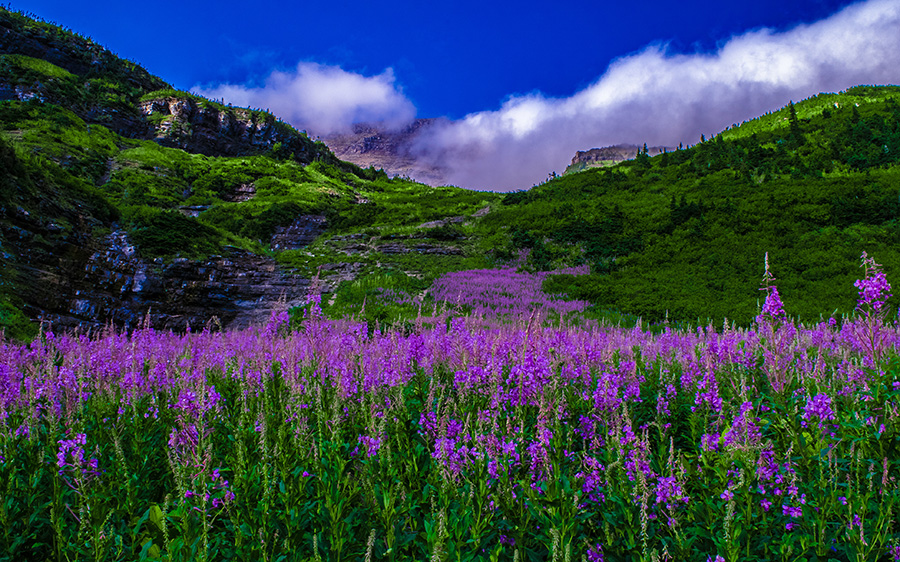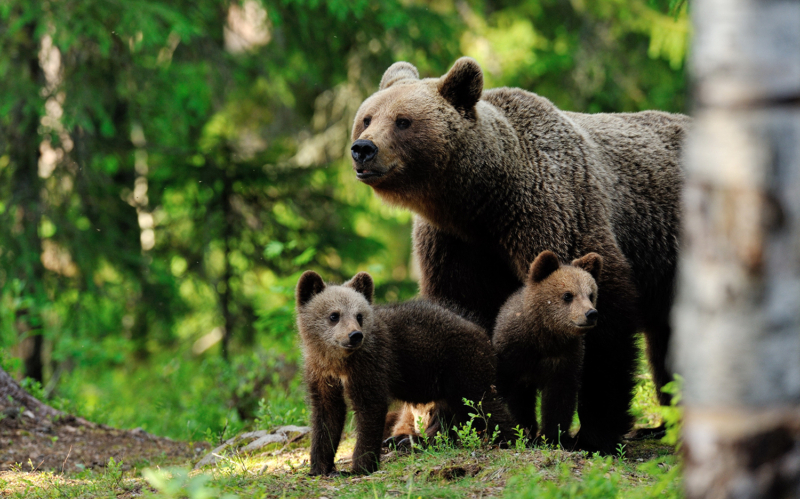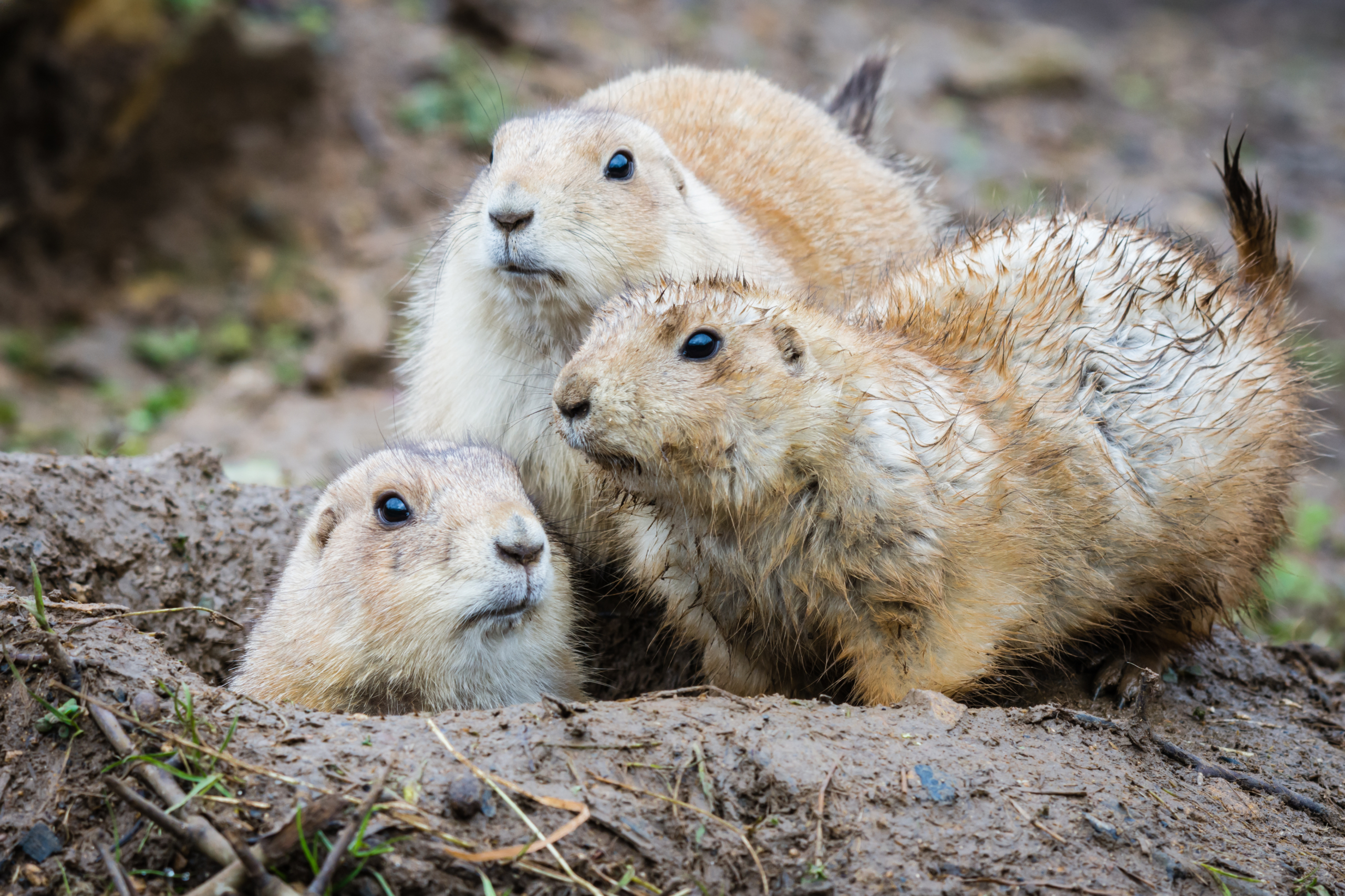Thirty-five years ago, corporate conservation was almost non-existent. The lands surrounding corporate structures were afterthoughts. Nature wasn’t something to be enjoyed at work, or to be shared with the surrounding community.
But a group of corporate executives from Anheuser Busch, BP, DuPont, Exxon and U.S. Steel — who also happened to be hunters, fisherman and outdoor enthusiasts — saw an opportunity. Why not use these forgotten parcels to develop and maintain wildlife habitat? Habitat that not only benefits the animals living on the sites, but also offers enjoyment and engagement for employees.




